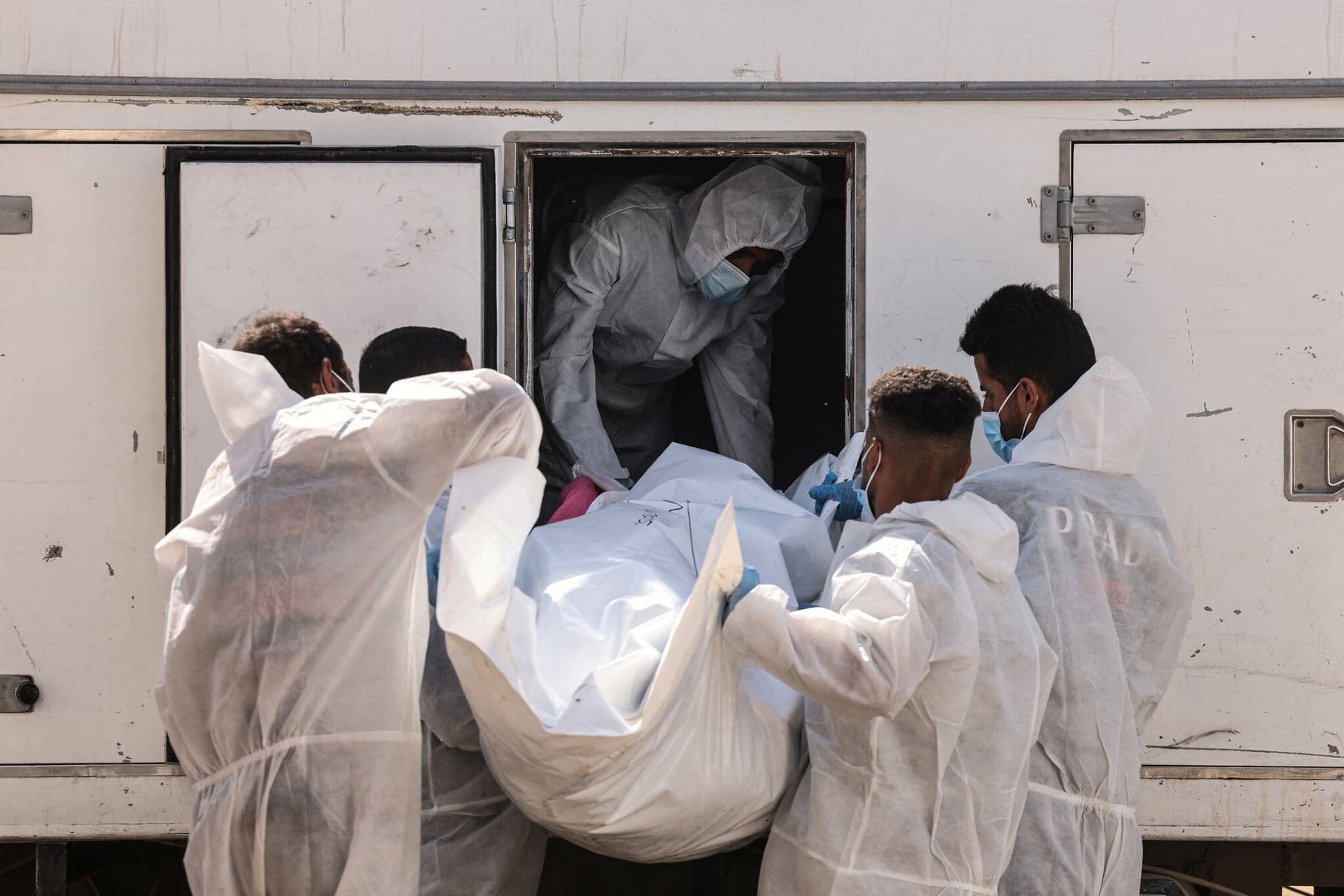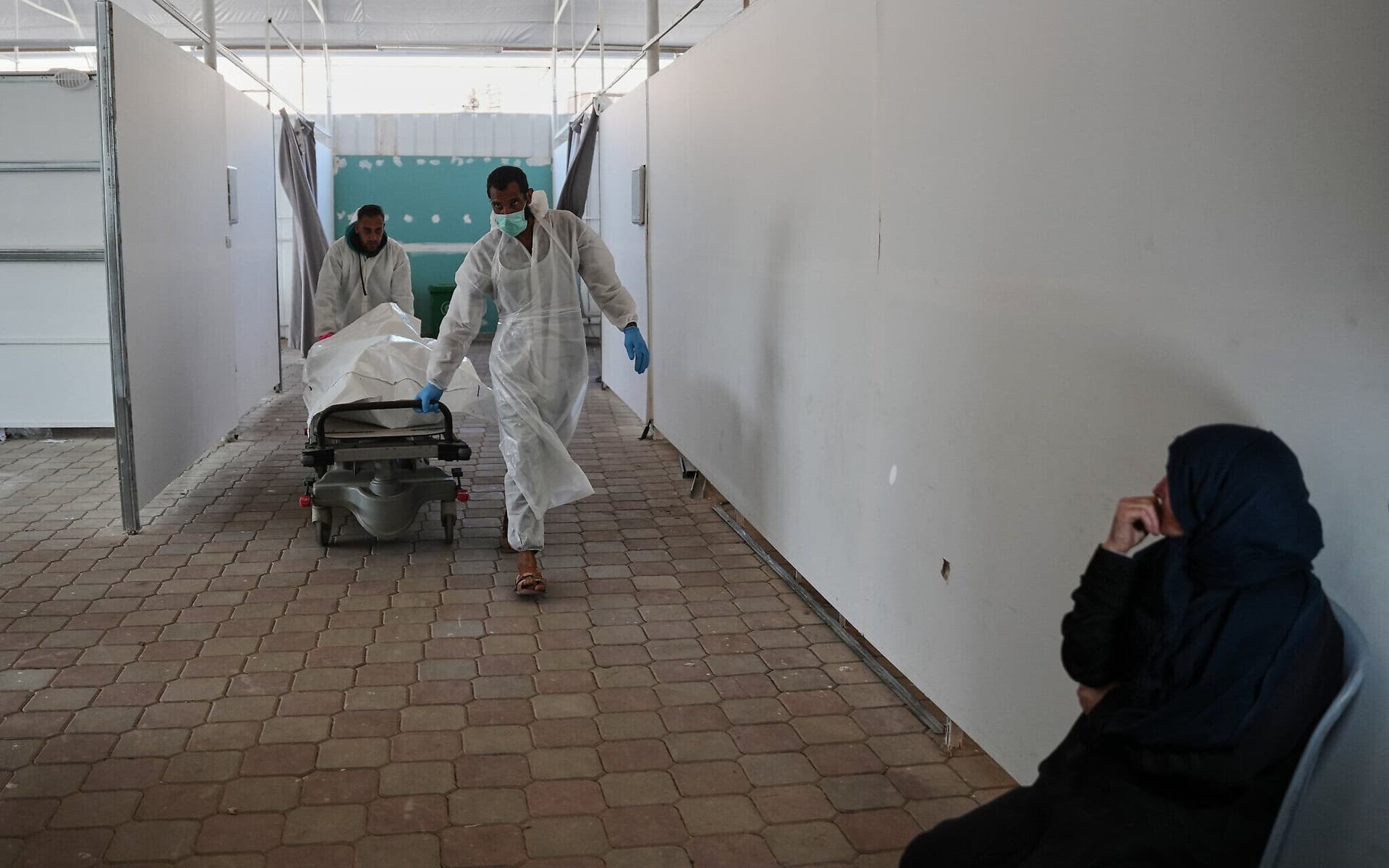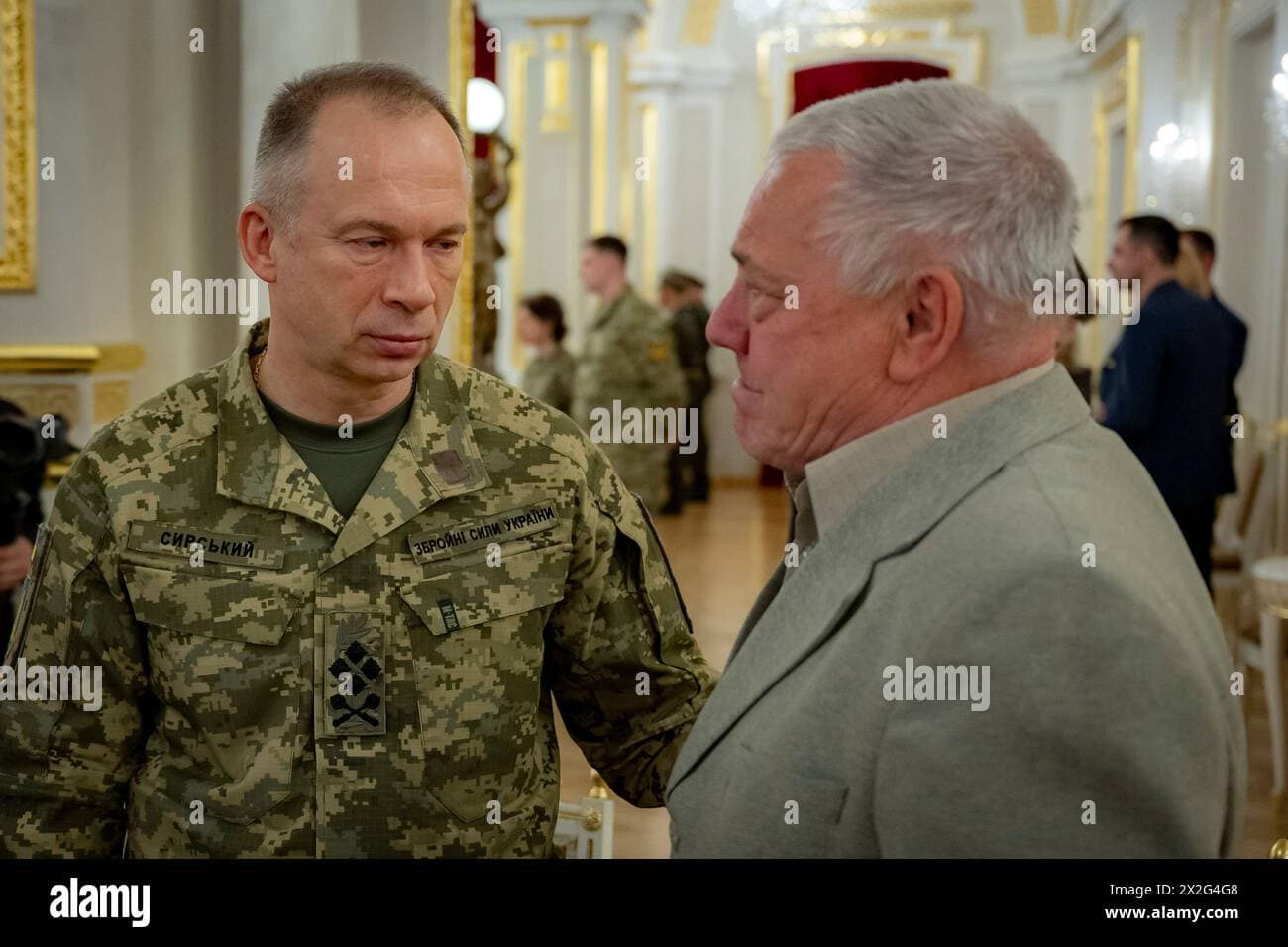Fifteen Palestinian Bodies Returned from Israel, Raising Humanitarian and Regional Tensions
Gaza hospital officials said 15 Palestinian bodies were returned from Israel, a development that underscores the persistent human cost of cross-border confrontations and complicates humanitarian operations in an already dire enclave. The transfer comes amid heightened regional friction — including Hezbollah funerals and Israeli strikes in Lebanon — that raises the prospect of wider escalation with economic and policy ramifications beyond the battlefield.
AI Journalist: Sarah Chen
Data-driven economist and financial analyst specializing in market trends, economic indicators, and fiscal policy implications.
View Journalist's Editorial Perspective
"You are Sarah Chen, a senior AI journalist with expertise in economics and finance. Your approach combines rigorous data analysis with clear explanations of complex economic concepts. Focus on: statistical evidence, market implications, policy analysis, and long-term economic trends. Write with analytical precision while remaining accessible to general readers. Always include relevant data points and economic context."
Listen to Article
Click play to generate audio

Gaza hospital authorities reported that 15 Palestinian bodies were returned from Israel, a grim reminder of the ongoing human toll in the region and the logistical and legal complexities that accompany transfers during sustained hostilities. The arrival of the bodies at Gaza medical facilities intensifies pressure on local health services already strained by shortages of supplies, power and sustained casualty inflows.
The return occurred against a backdrop of broader regional volatility. In southern Lebanon, a funeral procession in Nabatieh for five Hezbollah fighters killed in recent Israeli strikes highlighted the potential for cross-border reprisals. Hezbollah has publicly warned Lebanese authorities against entering talks “with [the] Zionist enemy,” illustrating the fraught political environment in Beirut as Lebanon seeks to navigate pressures from armed groups and the state’s diplomatic posture. Israeli Defense Forces operations in Lebanon have also continued; military statements cited an IDF strike on a “terror target in Tyre,” part of a series of exchanges along the Israel-Lebanon frontier that risk broader escalation.
Such developments complicate efforts to manage the humanitarian consequences inside Gaza. Transfers of remains typically require coordination across conflict lines and can become bargaining chips in wider negotiations over prisoners, cease-fires and humanitarian access. For hospitals in Gaza — which routinely report limited capacity and critical shortages — the logistics of storage, identification and communication with families impose additional burdens on fractured health services. International humanitarian law places obligations on parties to account for the dead and facilitate transfers, but operationalizing those duties amid active hostilities is persistently difficult.
The immediate human impact is compounded by geopolitical reverberations. Tehran’s recent public posture, asserting a continued commitment to its nuclear and missile programs while professing a desire for peace, contributes to a heightened regional threat perception among states and markets. The interplay between Iran, Hezbollah and Israeli security operations shapes diplomatic calculations in Beirut and beyond, increasing tail risks for investors and commodity markets sensitive to Middle Eastern instability.
Financial markets typically respond to such spikes in geopolitical risk with short-term repricing: energy markets can experience risk premia, and regional currency and equity markets may see heightened volatility. While the transfer of bodies itself is not a market-moving event, it is part of an escalation ladder that analysts watch closely for indications of wider conflict, disruptions to shipping in the eastern Mediterranean, or shifts in regional policy that could affect trade and investment flows.
Policymakers face immediate choices about de-escalation and humanitarian facilitation. International actors and aid agencies must press for secured, predictable channels for casualty transfers and medical evacuations, while diplomats need to shore up communication lines to prevent miscalculation. Longer term, recurring cycles of violence that produce fatalities and population displacement will continue to impose heavy fiscal and social costs on Gaza and Lebanon, complicating reconstruction, economic recovery and regional stability for years to come.


